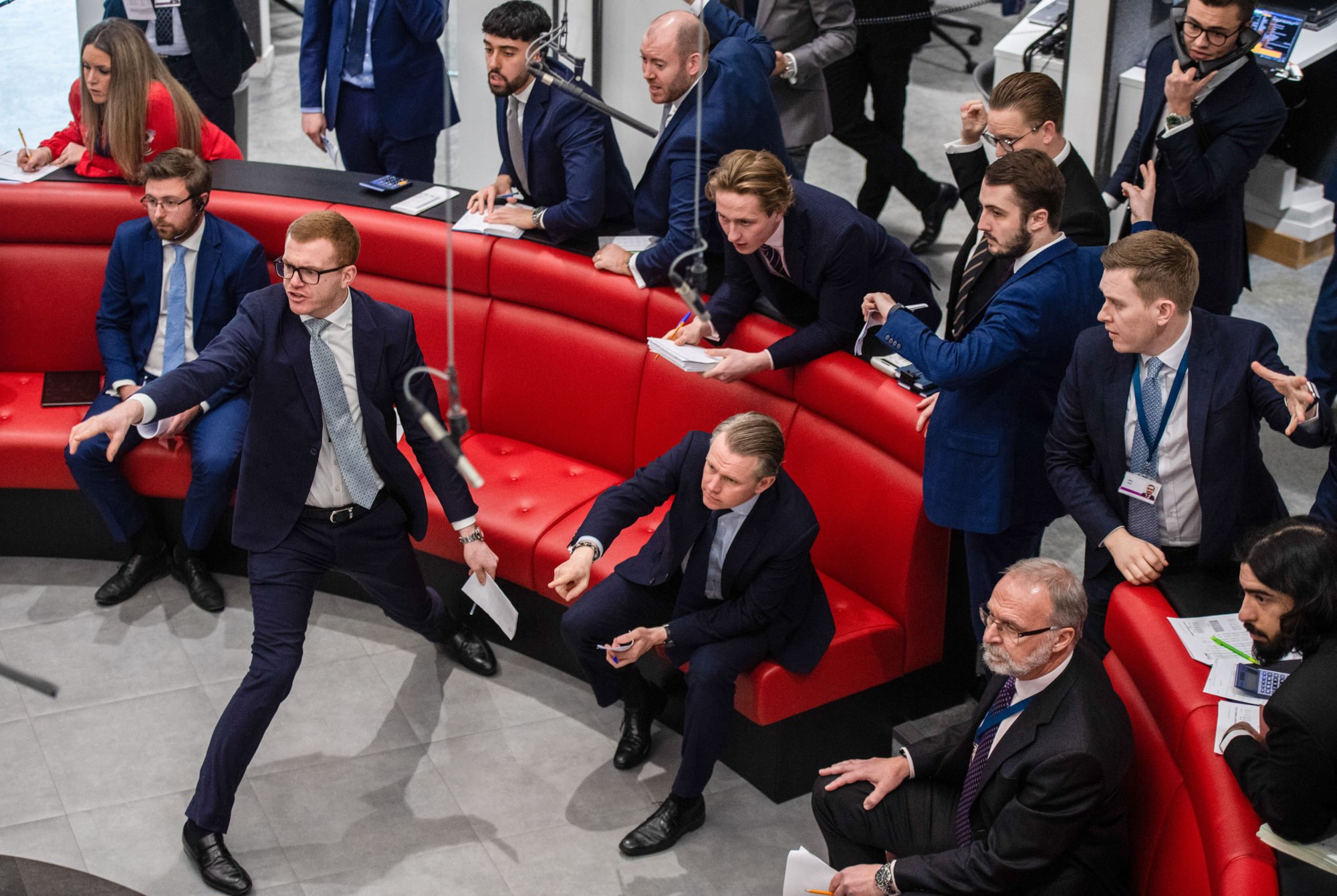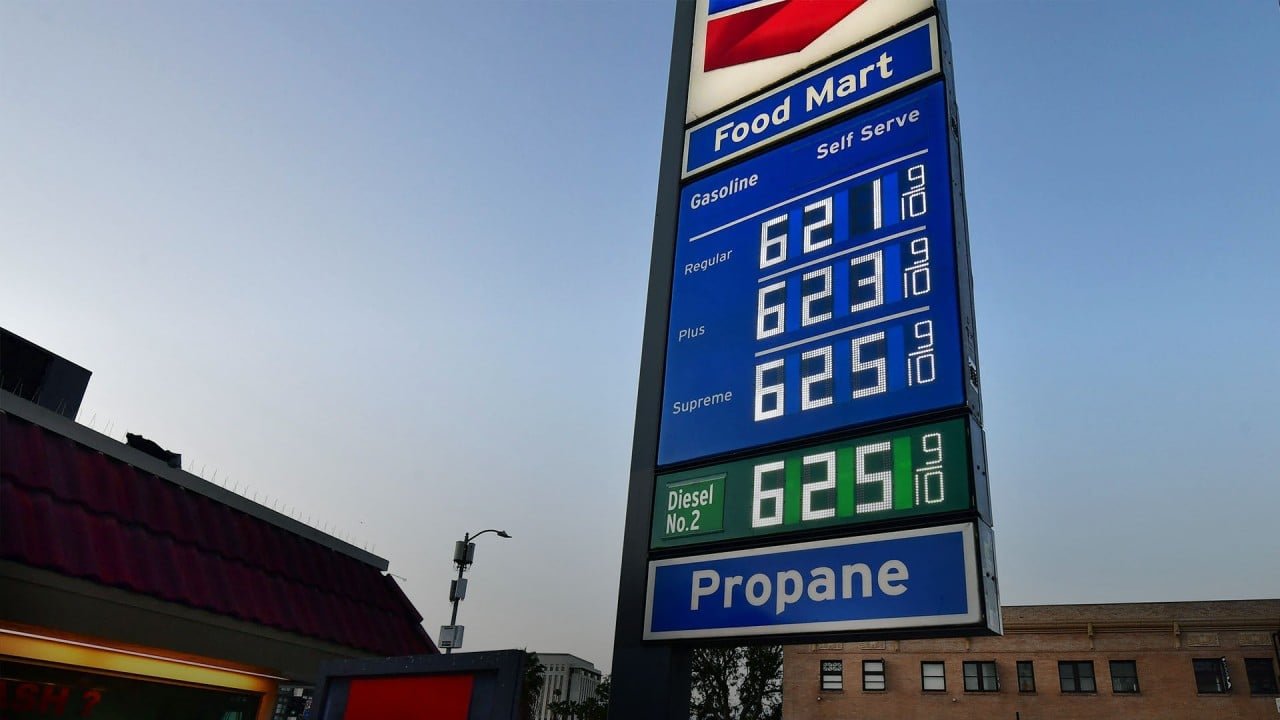
London Metal Exchange CEO: Nickel surge threatened market stability, forced bourse’s hand
- Decision to suspend trading, cancel trades ‘something we never wanted to have to do’, Matthew Chamberlain says
- More oversight needed of over-the-counter positions away from the exchange: CEO
Allowing those trades to stand would have had a “very significant systemic” effect on the market, from physical users of the metal forced to price and hedge at levels that “clearly didn’t reflect reality”, to billions of dollars in margins calls for positions held on and off the exchange, Chamberlain said.
“The decisions we took were extraordinarily difficult ones. I believe they were right, but I also fully understand the very real and genuine anger of those who didn’t agree with those actions,” Chamberlain told the Post. “As an exchange you have to make decisions and you have to make decisions you consider to be right. Our task is to ensure we are never in a position where we ever have to do that again.”
While the moves were more extreme, nickel is not the only metal to see volatility on the LME due to the broader geopolitical and macroeconomic environment. Both copper and aluminium have seen price increases and daily volatility, Chamberlain said.
“The exchange has worked very well in terms of reflecting the fundamental price signals of our biggest metals: copper, aluminium, etc,” he said. “I certainly don’t think we’re in a position where the LME model is invalidated. We’ve shown that, actually, during this unprecedented period of commodities, it has worked effectively for our metals.”
However, the environment around nickel trading remains “extremely difficult”, Chamberlain said. Daily volumes are improving, but have generally remained below their February levels.
The move to cancel nickel trades came after a years-long campaign by Chamberlain to modernise the exchange and increase its appeal to investors outside the physical commodities market.

Chamberlain said he would like to see the LME have more oversight of the so-called over-the-counter positions built up away from the exchange. “We can see these types of positions building up in the future and [would] avoid this type of situation if we have advance knowledge,” he said.
Some form of price limit or marker circuit breaker also must be a “given now”, Chamberlain said. “That is how we can go to the market and say we will never have to cancel trades again because we have that protection,” he said.
The nickel crisis also comes just months before Chamberlain was set to leave the LME later this year. Chamberlain announced in January that he was stepping down later this year to led a custody business for cryptocurrencies and other digital assets. He declined to discuss whether his plans have changed.
“For as long as I’m here, I’m fully committed to doing everything I can to stabilise the situation and ensure the LME learns what’s happened,” Chamberlain said.


